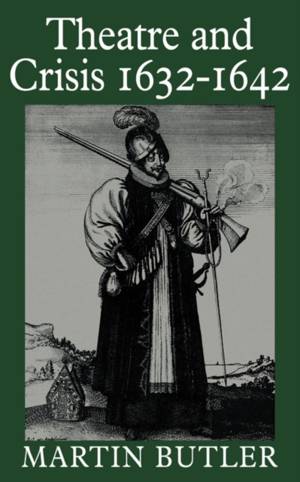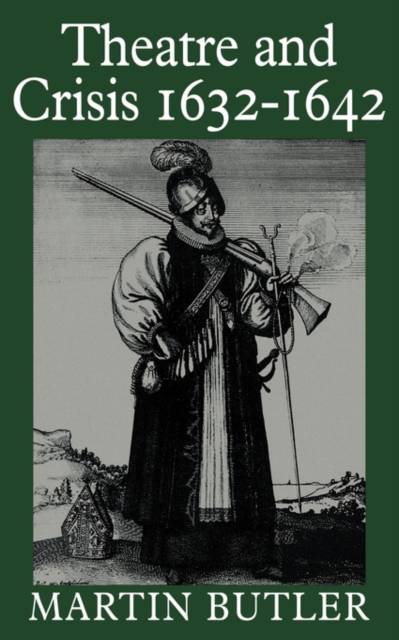
Je cadeautjes zeker op tijd in huis hebben voor de feestdagen? Kom langs in onze winkels en vind het perfecte geschenk!
- Afhalen na 1 uur in een winkel met voorraad
- Gratis thuislevering in België vanaf € 30
- Ruim aanbod met 7 miljoen producten
Je cadeautjes zeker op tijd in huis hebben voor de feestdagen? Kom langs in onze winkels en vind het perfecte geschenk!
- Afhalen na 1 uur in een winkel met voorraad
- Gratis thuislevering in België vanaf € 30
- Ruim aanbod met 7 miljoen producten
€ 74,95
+ 149 punten
Omschrijving
This is a thorough re-evaluation of the drama written and performed in the decade leading up to the Civil War, the most seriously neglected period of English theatre. Martin Butler overturns long-held assumptions about the nature of Caroline theatre, its playwrights, plays and audiences. The theatrical tradition that was cut short in September 1642 was neither exhausted nor in retreat. Far from being subservient to or dependent on the court, the theatres were expressing sharply critical points of view. Dr Butler makes a strong argument for the value and vitality of Caroline theatre by tracing a drama of political unorthodoxy at court, in the non-courtly indoor theatres, and especially in the open-air theatres which voiced grievances that anticipated the political radicalism of the 1640s. At the heart of the book is a complete re-evaluation of two neglected playwrights, Richard Brome and James Shirley, and a fresh examination of the late plays of Philip Massinger. As a piece of closely integrated historical and literary criticism, with implications for Renaissance drama in general, this is an important and challenging book which will be read by historians as well as scholars and students of seventeenth-century drama.
Specificaties
Betrokkenen
- Auteur(s):
- Uitgeverij:
Inhoud
- Aantal bladzijden:
- 356
- Taal:
- Engels
- Reeks:
Eigenschappen
- Productcode (EAN):
- 9780521310499
- Verschijningsdatum:
- 9/04/1987
- Uitvoering:
- Paperback
- Formaat:
- Trade paperback (VS)
- Afmetingen:
- 127 mm x 203 mm
- Gewicht:
- 385 g

Alleen bij Standaard Boekhandel
+ 149 punten op je klantenkaart van Standaard Boekhandel
Beoordelingen
We publiceren alleen reviews die voldoen aan de voorwaarden voor reviews. Bekijk onze voorwaarden voor reviews.









